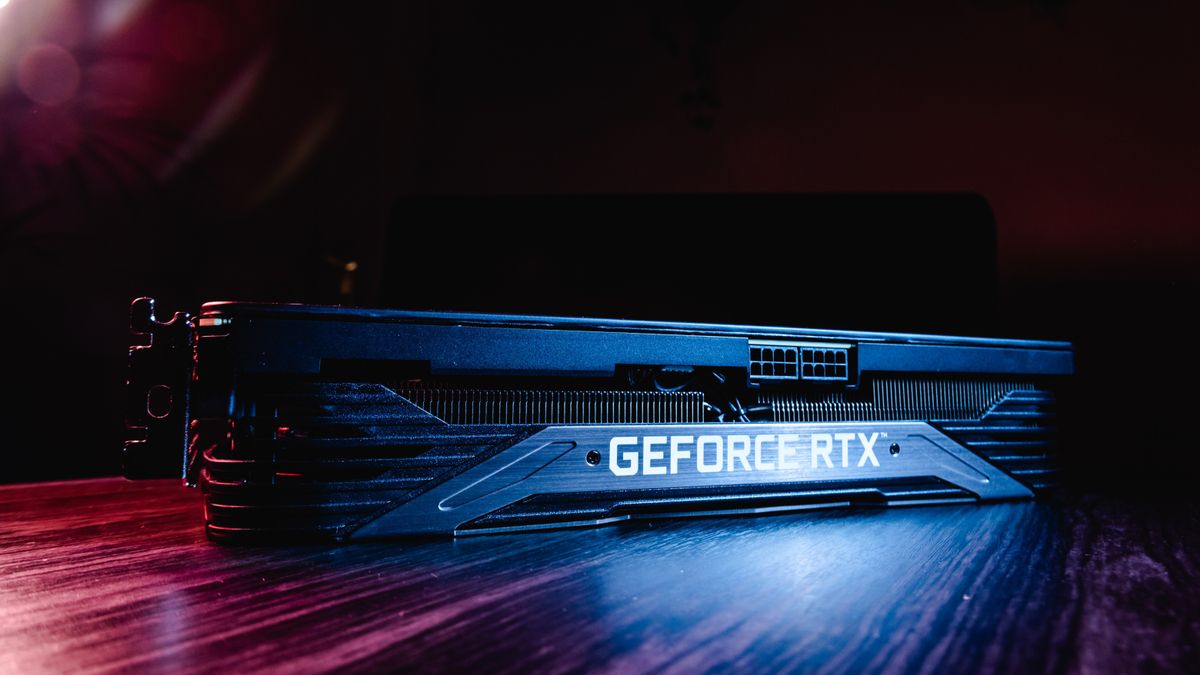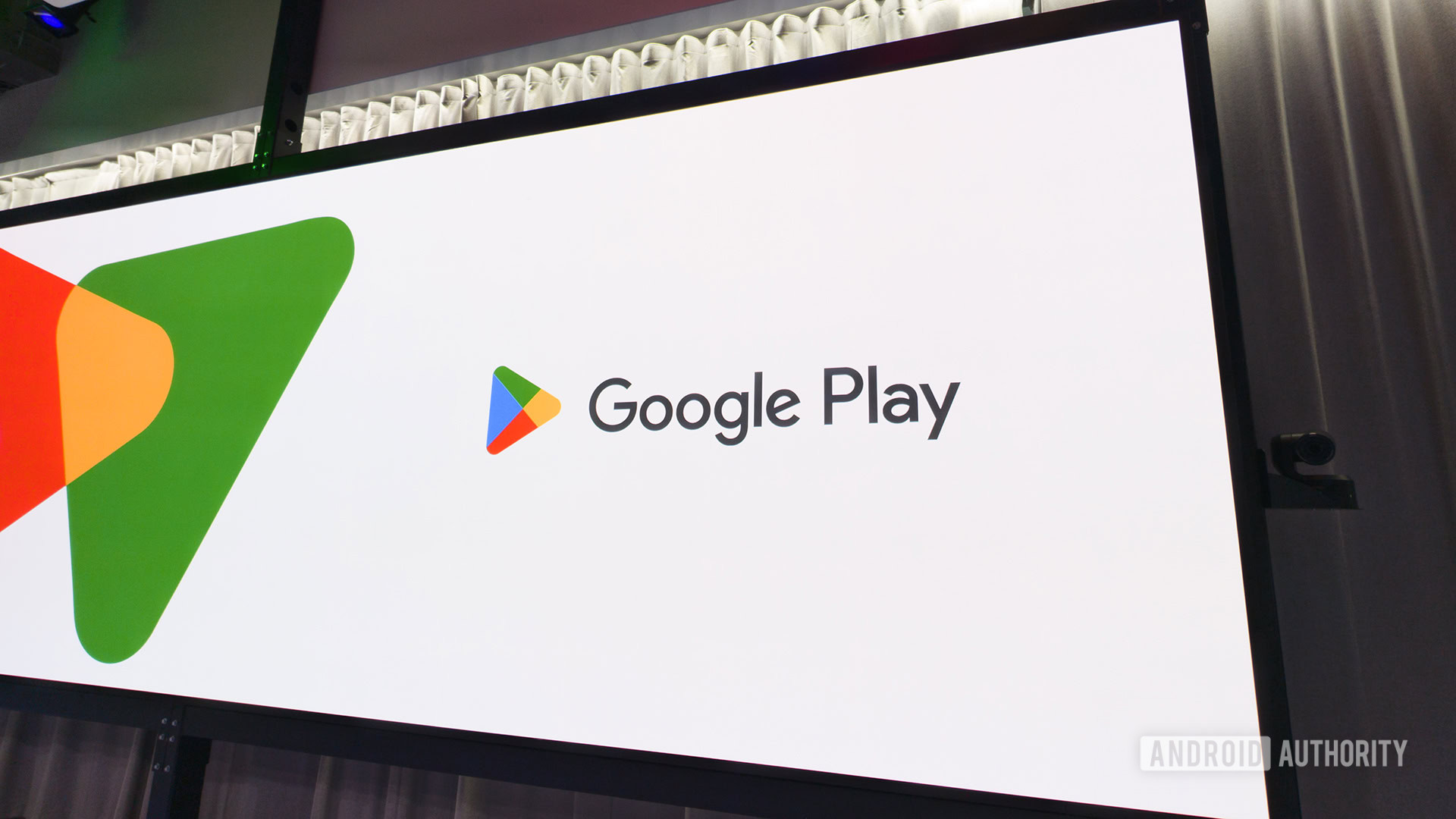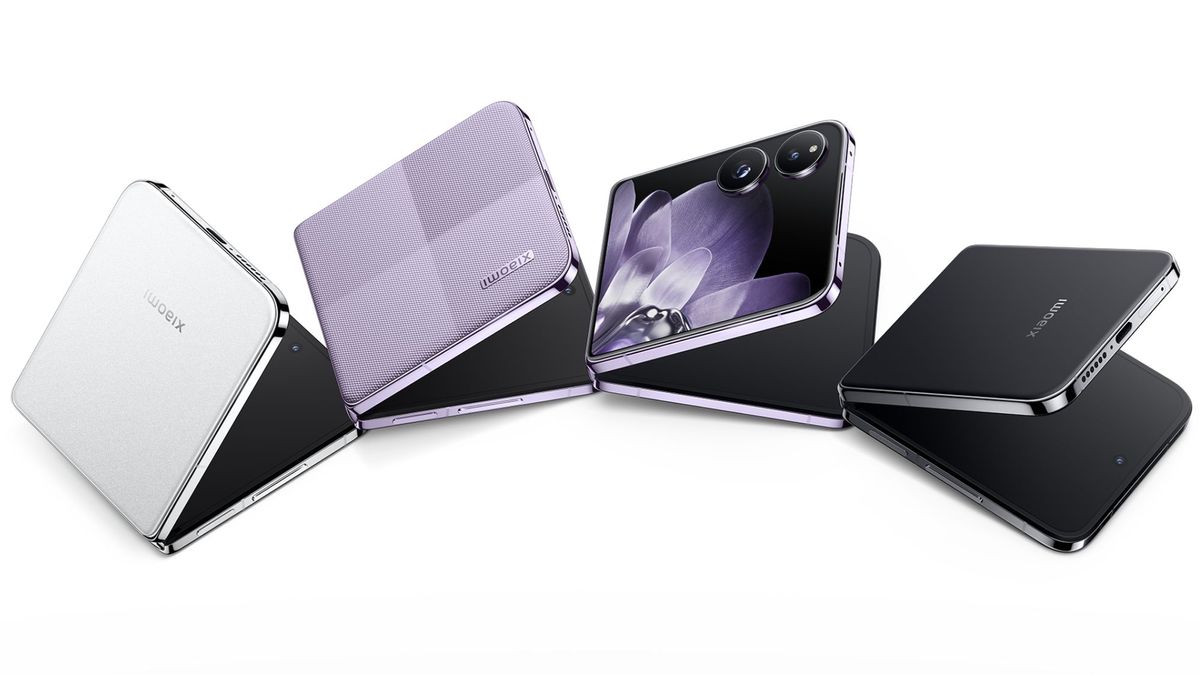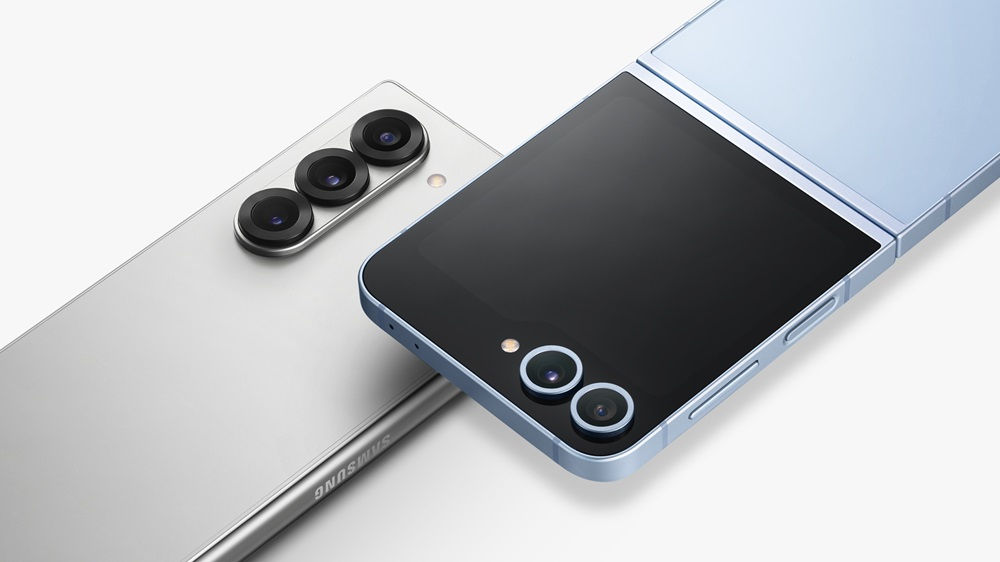From www.tomshardware.com
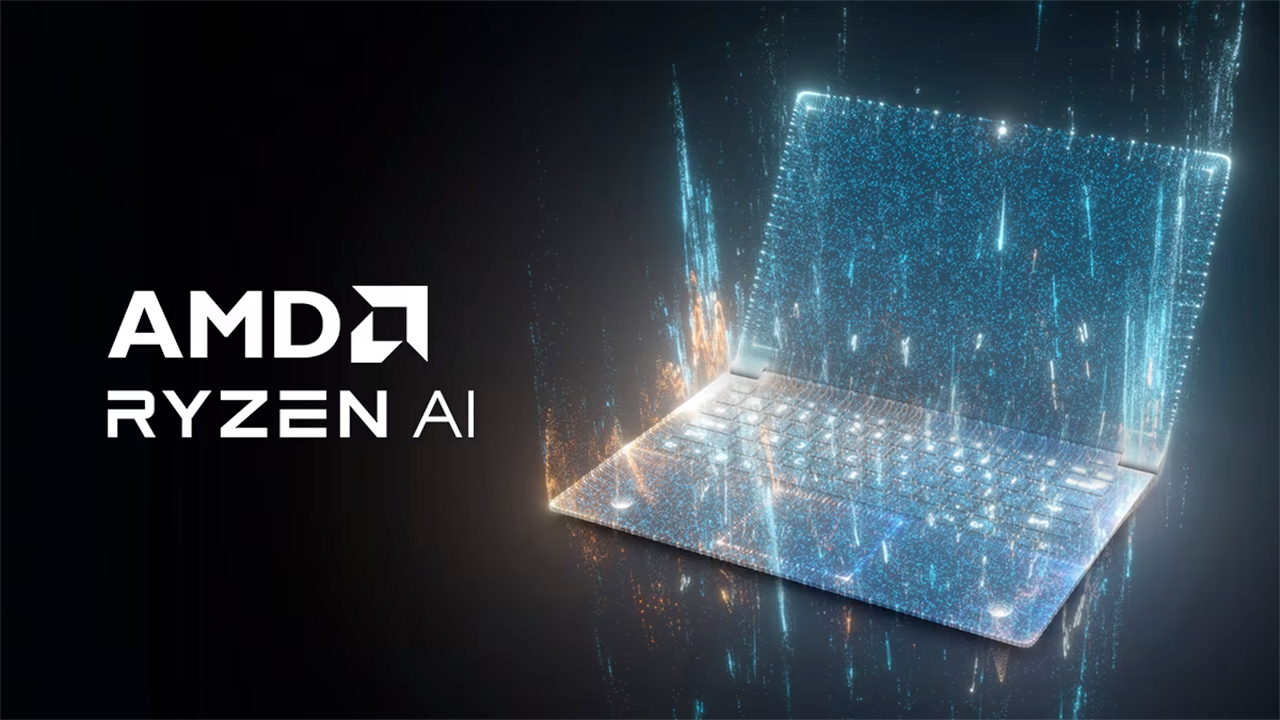
AMD apparently plans to change its CPU naming scheme with “Ryzen AI” branding with its next generation ‘Strix Point’ processors. This information comes via an accidental Asus leak, as noticed by @harukaze5719. AMD’s upcoming high-performance Ryzen processors will not belong to the Ryzen 8050 family, but will instead carry Ryzen AI branding to capitalize on the artificial intelligence frenzy. This echoes Intel’s move to alter it’s CPU branding with Core Ultra, except replace “Ultra” with “AI.”
AMD’s top Zen 5-based processor will be called the Ryzen AI 9 HX 170, according to the leak. The APU (Accelerated Processing Unit) will pack 12 CPU cores and 24 threads, along with an XDNA 2-based Ryzen AI engine with up to 77 TOPS performance, and an enhanced RDNA 3-based Radeon GPU. Since the listing comes from Asus, we can be almost sure that AMD is indeed going to use the Ryzen AI branding for at least some of its next generation processors in the coming months.
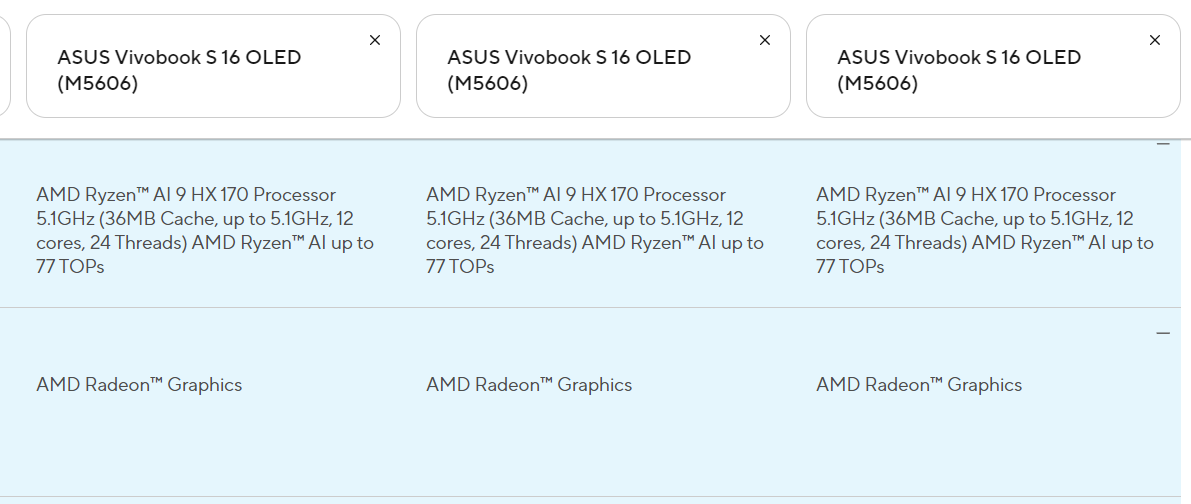
Alternatively, it’s possible AMD is still testing waters, but that seems unlikely given the level of information Asus accidentally revealed. But there have been prior ‘leaks’ indicating AMD will have Ryzen 8050-series branding based on the Zen 5 microarchitecture.
For instance, Lenovo is prepping ThinkPad T14 Gen 5 with AMD’s Ryzen Pro 8040 and Ryzen Pro 8050-series CPUs (according to a flyer leaked by TechnicallyLogic). So perhaps at least some of Zen 5-based processors could continue to use the familiar branding scheme.
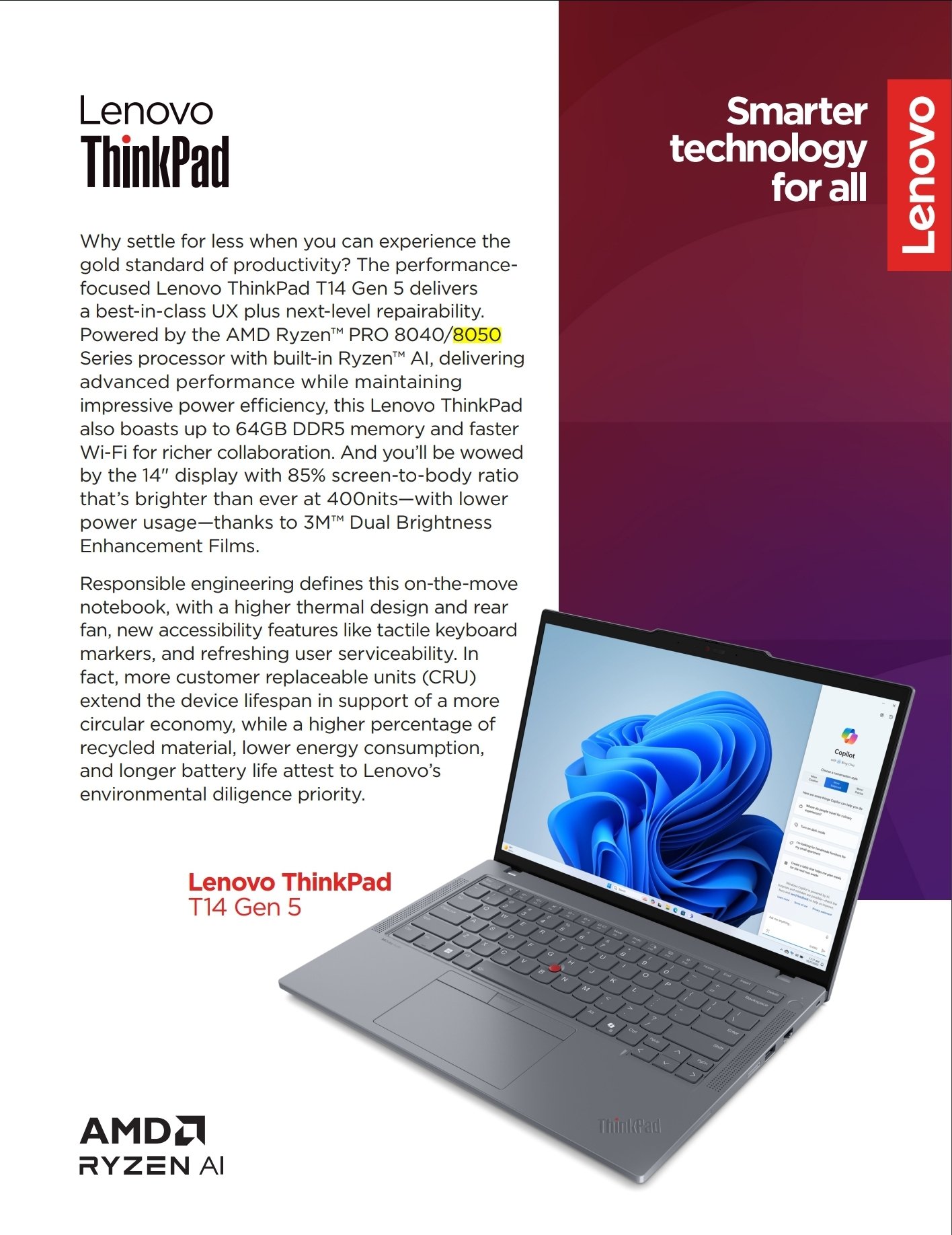
Changing branding entirely might be the better move. Using the Ryzen AI 9 HX 170 model number instead of the Ryzen 9 8940HX (or something similar) could be a bit more intuitive. Over time, it would become easier for AMD to distinguish between future Zen 5-based processors and Zen 6-based processors by simply changing the first digit in the model number. But if AMD mixes and matches names based on some obscure product matrix, it could be equally easy for users to get confused — i.e. if AMD also offers Ryzen 8050-series processors that are functionally identical to Ryzen AI processors.
Given the ongoing hype around AI, including Intel and Microsoft’s “AI PC” definition and branding, it wouldn’t be surprising to see AMD follow suit. Or we could get Ryzen AI badges for AMD’s premium Strix Point Halo processors with up to 12 cores, while regular Strix Point processors might be sold under the Ryzen 8050-series name. That could also provide a way to clearly position the more expensive processors as offerings for those who want the latest and greatest hardware as well as on-device AI acceleration.
It won’t be the first time AMD has used a combination of letters and numbers in its CPU branding. Back in the day, the company released its Athlon XP series of processors, which coincided with the release of Microsoft‘s Windows XP, a major overhaul of the operating system. Artificial intelligence could change the way people work with their devices, and AI acceleration is an important feature. Adding some form of obvious AI branding could make a lot of sense in the long term.
[ For more curated Computing news, check out the main news page here]
The post AMD’s new Ryzen AI re-branding for Zen 5 comes to light — Asus leaks ‘Strix Point’ processor names first appeared on www.tomshardware.com





/cdn.vox-cdn.com/uploads/chorus_asset/file/25546355/intel_13900k_tomwarren__2_.jpg)

